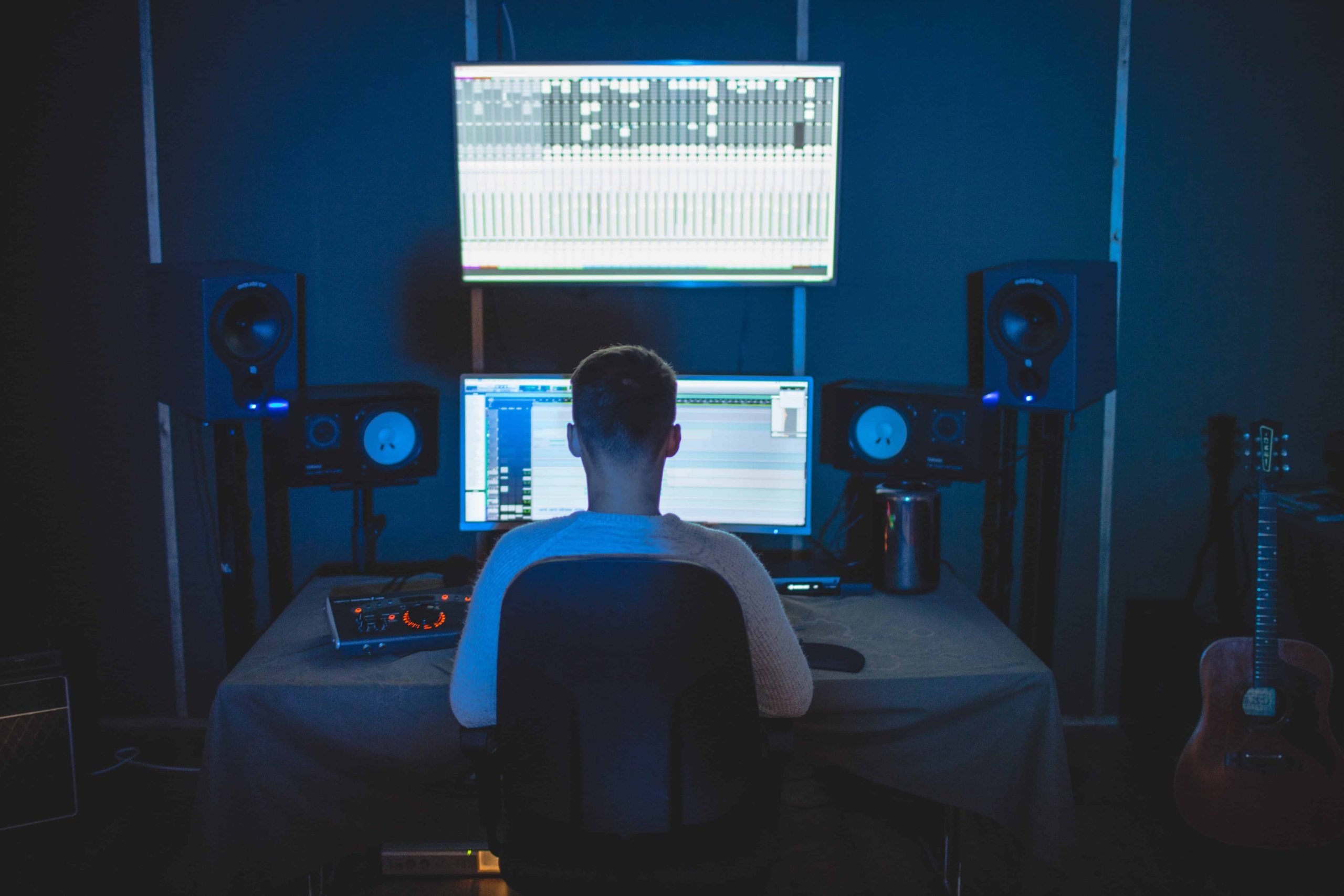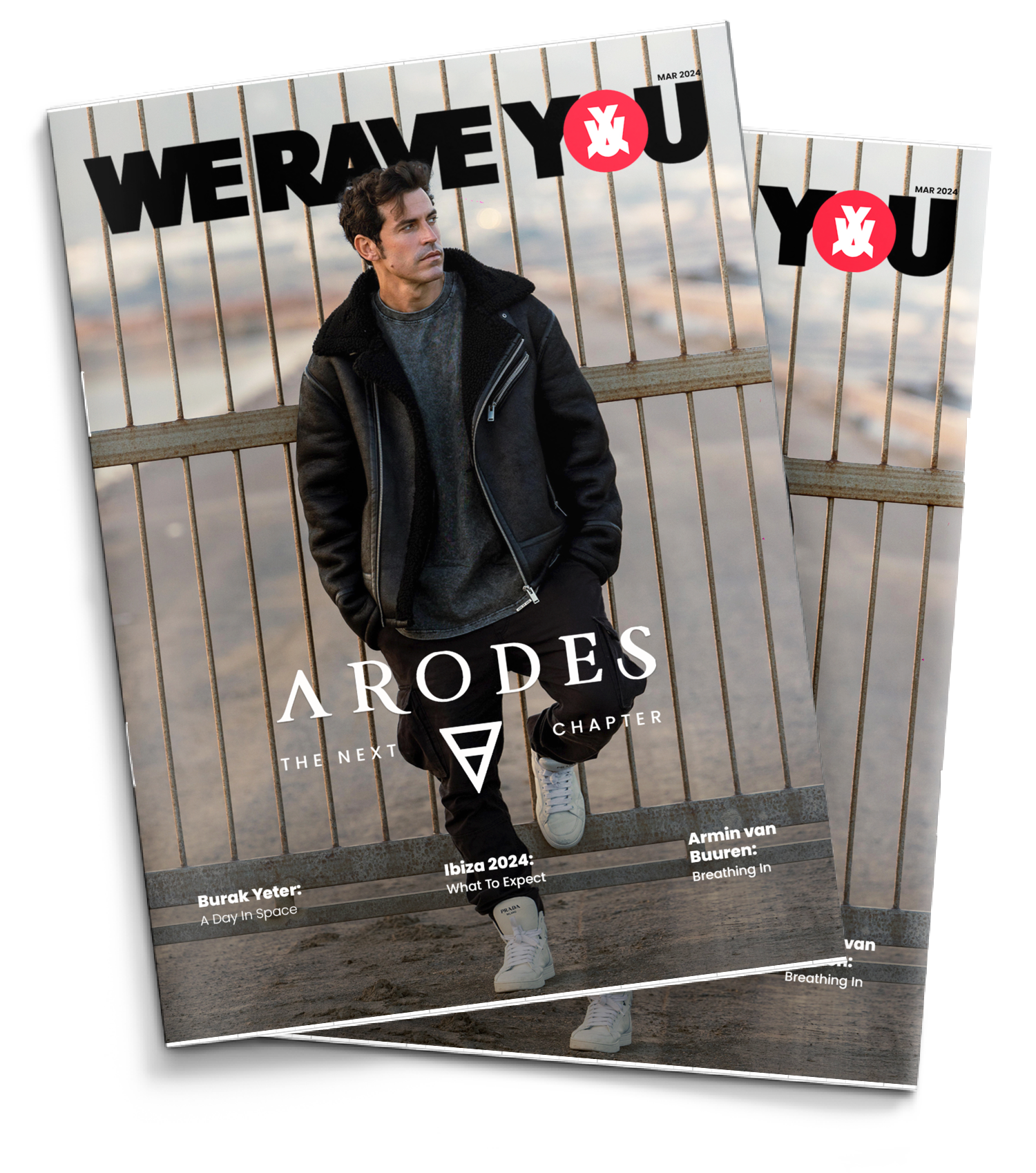

How to Start Writing Music on the Computer
After studying the instrument for a long time and spending sleepless nights creating & writing your music compositions, you’ve decided it’s time to write down your ideas. Musical ideas fill your head and you want to share them with others. Maybe one of your tracks will become a soundtrack for one of the pokies at the National live casino.
At this point a lot of questions arise in the mind of the aspiring musician. Should you go to a studio or can you record at home? What do I need to record music? What equipment should I buy and what software do I need? Every hour there are more questions and fewer answers. Fortunately, everything is much easier than it seems. In this case, the following tips will be helpful.
What It Takes to Write Music on a Computer
Forty years ago, in order to record your art, you had to go to a professional studio. Quality sound was available only to those who had money. Thanks to advances in technology, creating music today has become much more accessible: with the computer we can create great tracks from the comfort of our own home.
To organize a home studio, you will need:
- Computer.
- Music recording software (DAW).
- Sound card.
- Headphones.
These four components are the minimum necessary to get started. Of course, you also need a MIDI keyboard and studio monitors, but you can start writing your music without them at first.
Computer
You can use any modern computer for recording. It doesn’t matter if it’s a Mac or PC, both platforms offer the same opportunities to the musician. The two main criteria are performance and processing power.
RAM is responsible for the performance of your computer in the studio. Your computer should have at least 8 GB of RAM, but it’s better to have more. Replacement of your hard drive with a fast SSD drive can additionally increase performance.
When working with plug-ins, sound effects and virtual instruments, the operating system and music software rely on the central processor. It is rather difficult to define the exact power necessary for comfortable work: the processor has to work with a large number of plug-ins without unnecessary problems. The more it can digest, the better. The recommended minimum here is a quad-core Intel Core i3 processor, but the more cores and threads you have at your disposal, the more comfortable the work will be.
Digital Audio Workstation
DAW is a special software for recording music. It is what turns an ordinary computer into a powerful tool and the center of a home studio. This type of software is available for PC and Mac and can be free or paid. All DAWs offer similar features and differ in essence only in their approach to workflow.
Sound Card
The sound cards built into computers are only suitable for listening to music. To fully record yourself, you need a special audio interface, which can record audio signals of high quality.
In most cases, an audio interface with 2-4 input channels and phantom power will be enough to record 1-2 guitars (even simultaneous), keyboards and vocals when you get a microphone.
The material you create needs to be listened to somehow, so studio headphones are the last important component of the required minimum. Unlike consumer headphones, which like to embellish the sound in certain frequency ranges, the isolated sound of studio headphones will provide more detail and accuracy in the sound. Besides, the headphones will allow you to work at any time of day.
You should choose headphones based on budget, amplitude-frequency response and usability. The budget is clear. Make a list of models that fit within the amount you are willing to spend on the ears. As for the amplitude-frequency response, it should be as smooth as possible. The question of comfort is individual, but the headphones should not cause discomfort with prolonged use.
For starters, headphones will be more than enough. Later, if your music lessons become more serious, it is worth getting a pair of good near-field studio monitors.
As you see, creating & writing your music isn’t the hardest task. And such an engaging hobby can be quite inexpensive, especially in the beginning.
Image Credit: James Owen on Unsplash


- Arodes cover Interview
- Armin van Buuren: Breathing In [Exclusive Interview]
- Ibiza 2024: What To Expect
- Burak Yeter: A Day In Space [Exclusive]
